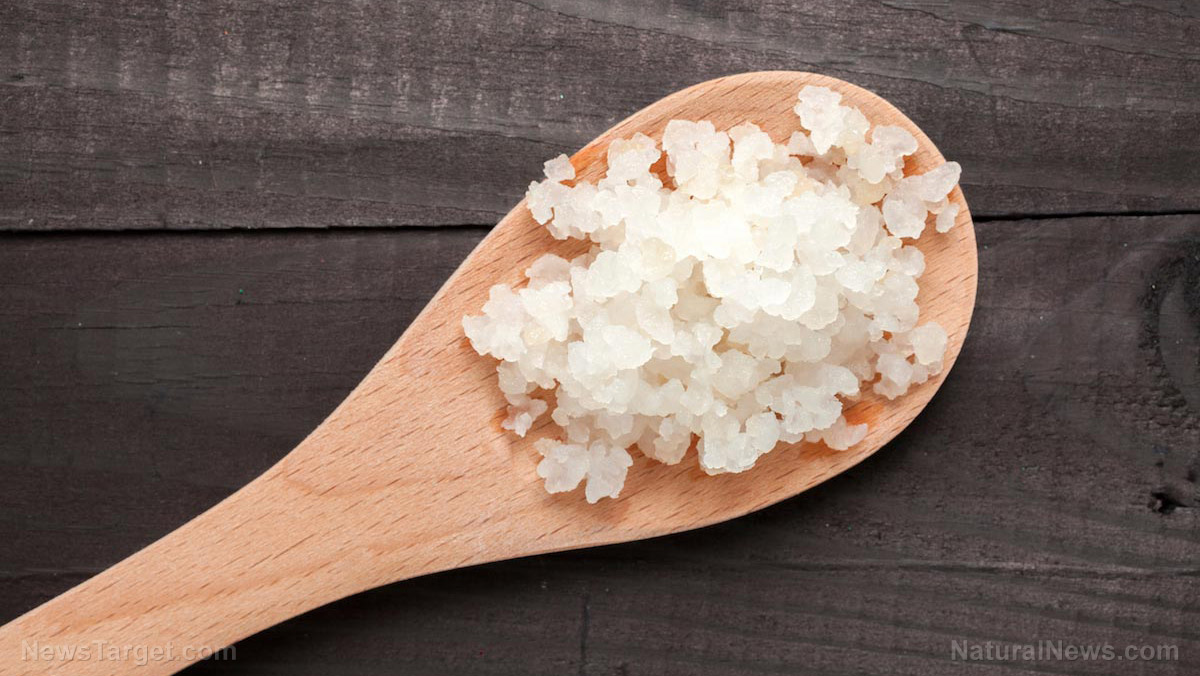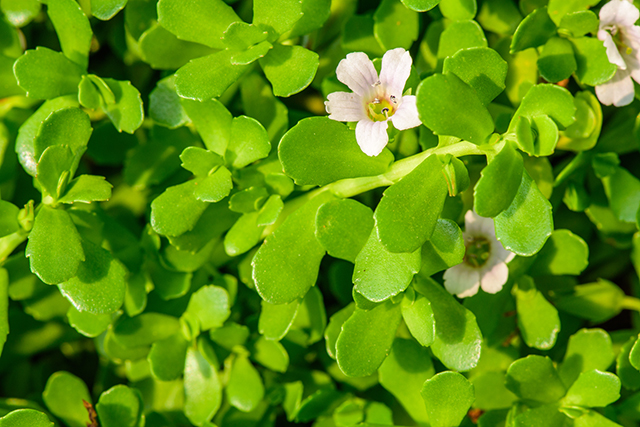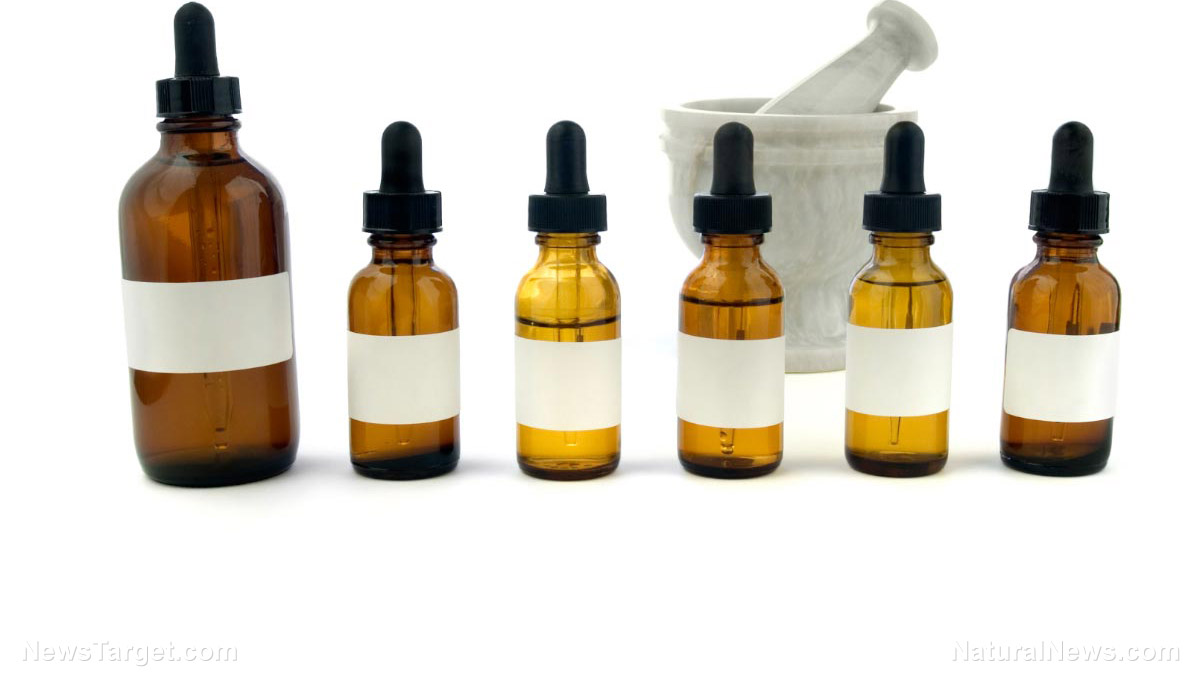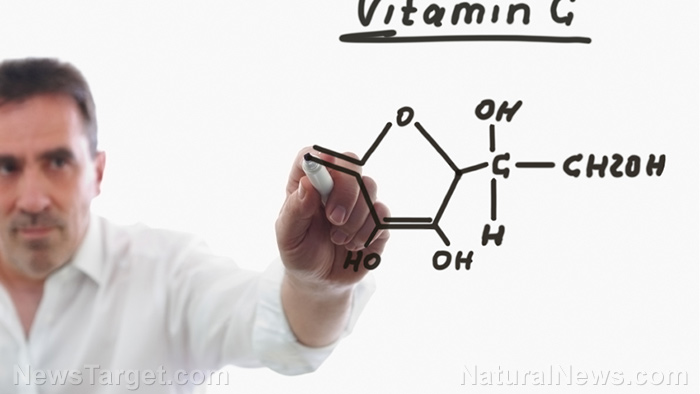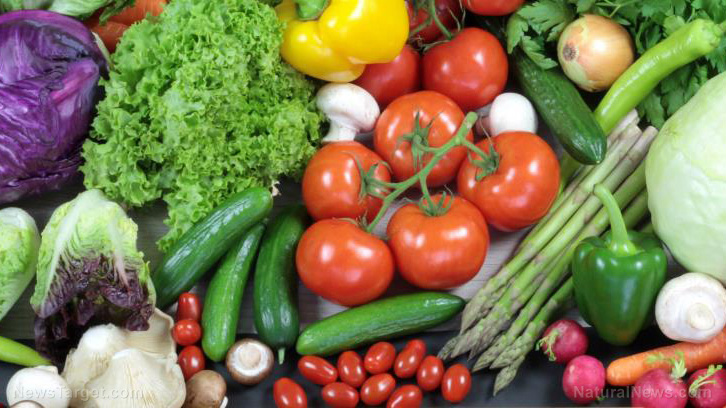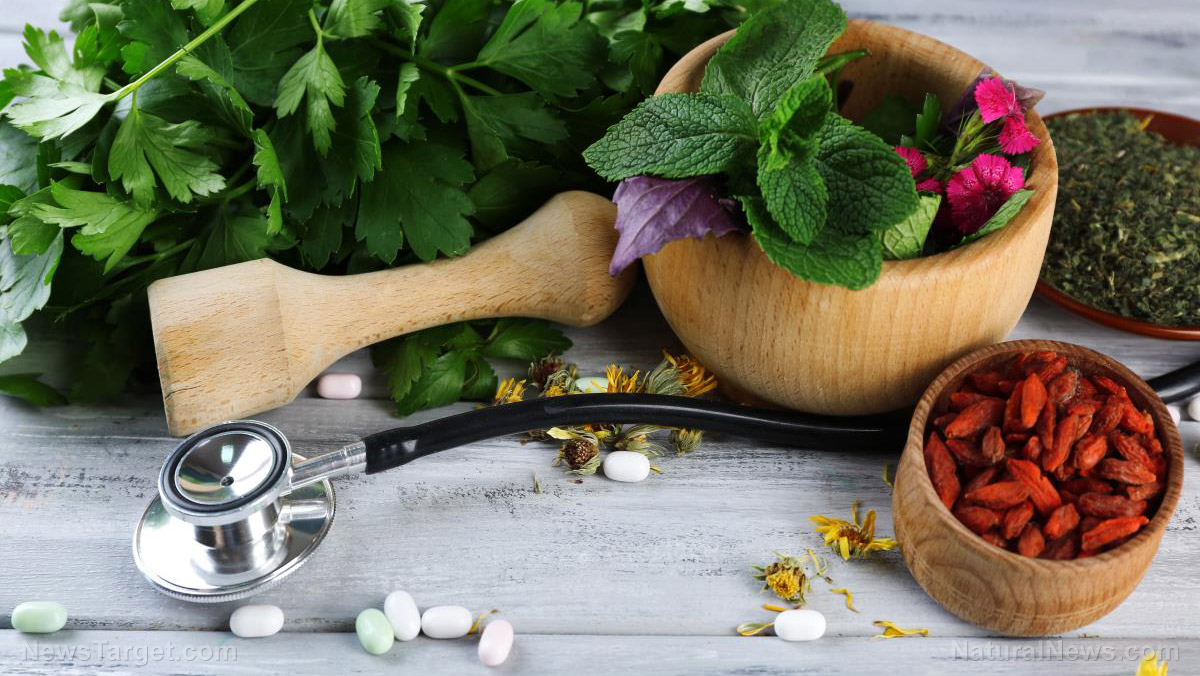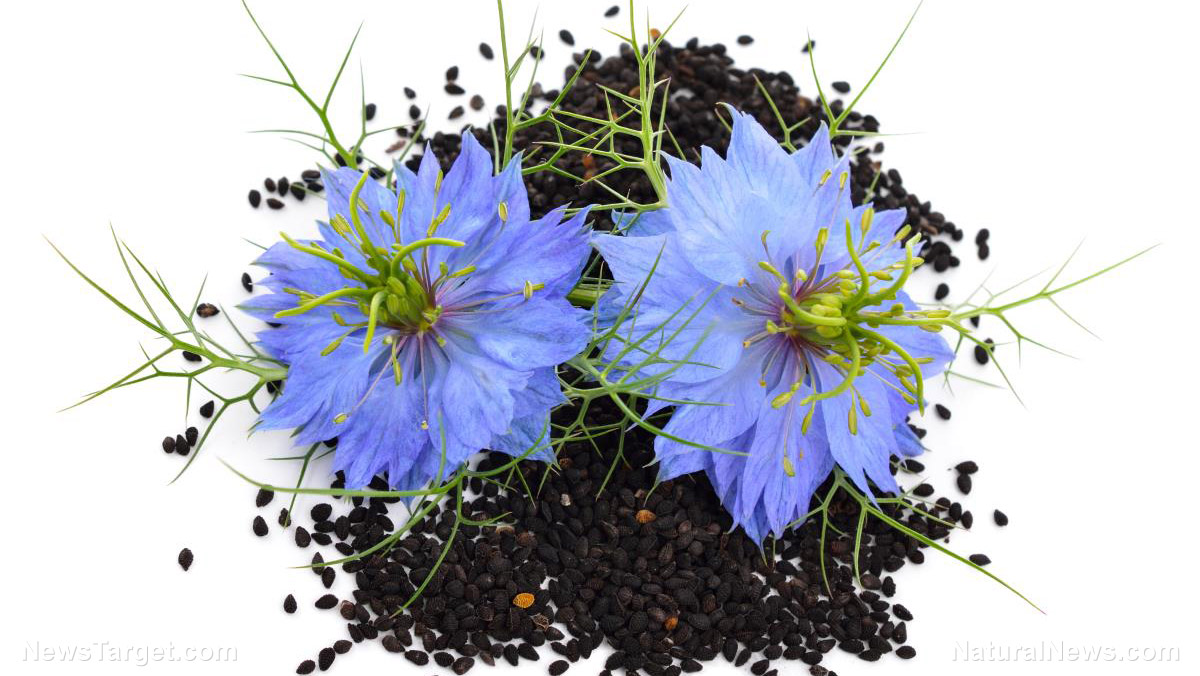05/24/2018 / By Michelle Simmons
Probiotics are good for the liver, according to a study presented at the 2018 Experimental Biology meeting.
A team of researchers looked at the probiotic Lactobacillus rhamnosus GG (LGG), which is a species common in many over-the-counter probiotic formulations. In the study, the research team fed mice with food containing LGG for two weeks. Then, they assessed how the mice reacted to a high dose of the drug acetaminophen. High amounts of acetaminophen can lead to serious liver damage and even death. This drug ingredient induces oxidative stress in which the number of free radicals is increased.
Mice in the probiotic group displayed less liver damage than those that did not receive the treatment. The findings of the study suggested that the administration of the probiotic LGG improved the antioxidant response of the liver. The probiotic treatment protected the liver from oxidative damage produced by drugs like acetaminophen. The liver is responsible for eliminating toxins from the blood. It also contributes to the body’s processes for converting food into energy.
“This study provides evidence that the effects of probiotics extend beyond the gastrointestinal tract. What makes this study unique is that it suggests a discreet molecular mechanism by which these effects are elicited,” said study researcher Bejan Saeedi, a doctoral student at Emory University.
Saeedi and his team previously conducted a study tracing the molecular process by which LGG seemed to prevent oxidative liver injury. Other studies in mice have also previously suggested that LGG can protect against alcoholic liver disease and non-alcoholic fatty liver disease.
Best probiotic foods
Probiotics are good bacteria that help stimulate the natural enzymes and processes that keep the functioning of the digestive system normal. Here are some probiotic foods that you can include in your diet:
- Yogurt – Live-cultured yogurt, especially handmade ones, is one of the best probiotic foods. When choosing yogurt, be sure to read the ingredients list because a lot of popular brands are filled with high fructose corn syrup, artificial sweeteners, and artificial flavors.
- Kefir – Kefir is a fermented product that is made from the unique combination of goat’s milk and fermented kefir grains. Kefir is rich in Lactobacilli and Bifidus bacteria, as well as antioxidants. Just make sure you are buying a good, organic version at your local health food shop.
- Sauerkraut – Sauerkraut is made from fermented cabbage that is extremely rich in healthy live cultures, vitamins A, B, C, and K.
- Dark chocolate – Although dark chocolate itself does not contain probiotics, it is an effective carrier for probiotics. It helps probiotics overcome the extreme pH of the digestive tract to reach the colon.
- Microalgae – Microalgae are ocean-based plants, such as spirulina, chlorella, and blue-green algae. Although they are not probiotics, they can act as a prebiotic. This means that it feeds and nourishes the probiotics that are already in the gut. These probiotic foods increase beneficial bacteria and improve gastrointestinal health.
Other probiotic-healthy foods include miso soup, pickles, tempeh, kimchi, and kombucha tea. (Related: Kimchi is one of the most powerful probiotic foods you can eat.)
Learn more about the benefits of probiotic-rich diets at Nutrients.news.
Sources include:
ScienceDaily.com
GlobalHealingCenter.com

